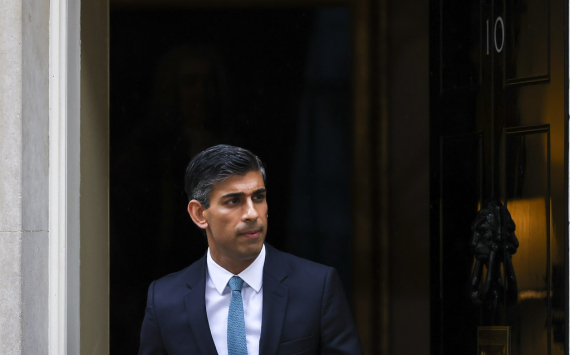Description
The Sunday Mirror is the Sunday sister paper of the Daily Mirror. It began life in 1915 as the Sunday Pictorial and was renamed the Sunday Mirror in 1963. In 2016 it had an average weekly circulation of 620,861, dropping markedly to 505,508 the following year.
Competing closely with other papers, in July 2011, on the second weekend after the closure of the News of the World, more than 2,000,000 copies sold, the highest level since January 2000.
In 1963 the newspaper's name was changed to the Sunday Mirror.
One of the earliest stories covered by the newly named paper was the Profumo affair, which was catastrophic for the government of the day. While frontbenchers involved in sleaze scandals exposed in the British press have often led to reshuffles, contemporary accounts and later research has credited the coverage, associating the involved young socialite to a Russian senior attaché, for triggering the replacement of the Conservative prime minister with another, Alec Douglas-Home. This leader was less popular, and alongside many press reports of scandals in the Macmillan Ministry, this led to the party's election defeat of 1964 and to the establishment of the second Labour government after World War II led by two-time prime minister Harold Wilson.
In 1974, following a succession of editors, Robert Edwards took the chair and within a year, circulation rose to 5.3 million. Edwards remained for a record 13 years, and ended as deputy chairman of Mirror Group in 1985.
By the end of his time in charge Edwards oversaw the introduction of colour to the paper (in 1988). The paper also introduced the Sunday Mirror Magazine which had an extra-large format and was printed on glossy paper. It had the best of big name stories, star photographs, money-saving offers and glittering prizes for competition winners. Today's incarnation of the magazine is Notebook.
In 1992 the Sunday Mirror was criticised and challenged by attorneys of Mel Gibson for reporting what was said in confidential Alcoholics Anonymous meetings.
In 2001 Tina Weaver was appointed editor of the Sunday Mirror, a position she held for 11 years until her sacking. Since its launch the paper has had 25 editors in total including current editor-in-chief Lloyd Embley.
In 2012 the Sunday Mirror broke the world exclusive that one of the two Moors murderers, Ian Brady, had died but been resuscitated, brought back to life against his will.
The Sunday Mirror also ran a campaign to make Twitter take action to prevent paedophiles using it to contact each other and trade obscene pictures. As a result of this story and others, Twitter agreed to make changes to its policies.
A former Sunday Mirror investigations editor, Graham Johnson, pleaded guilty to intercepting voicemail messages in 2001. Johnson is the first Mirror Group Newspapers journalist to admit to phone hacking. He voluntarily contacted police in 2013.
























